London 1971 — A political frontier of the Liberation War
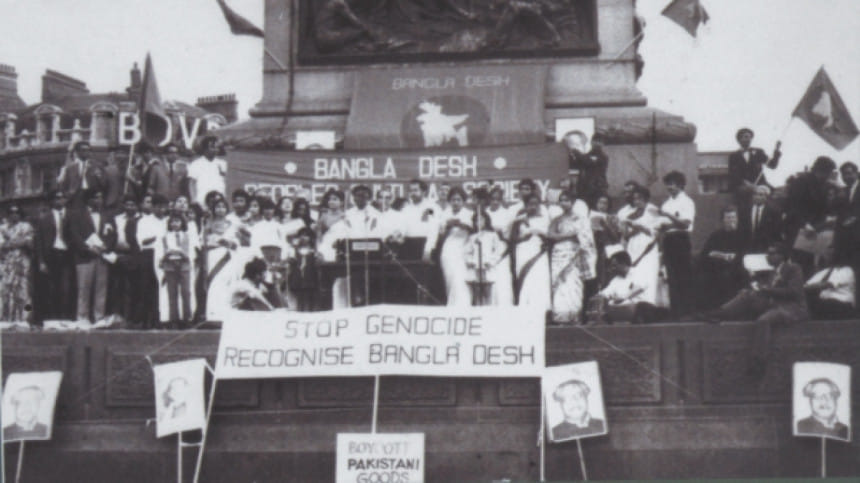
Warzones of the 1971 War were many, and political confrontations were often fought thousands of miles away from the battleground. Case in point, London — the bustling metropolis where expat Bengalis, and people with conscience of all nationalities launched a civil protest, and thus began a diplomatic struggle against the Pakistani military junta.
Throughout the 1960s, the disparity between West Pakistan and East Pakistan was becoming visible, and this reflected on the community living abroad. By 1971, the fault lines were fully exposed, and the East Pakistani community exploded as Yahya Khan refused to hand over power to the legitimate winner of the national elections, Bangabandhu Sheikh Mujibur Rahman.
Throughout February, a political game was being played by the military junta of Pakistan. Although promises were being made there were no clear signs for the due transfer of power. People protested in front of the Pakistani High Commission in London. Slogans chanted, Pakistani flags burnt, portrait of Mohammed Ali Jinnah shattered to pieces — the crowd demanded that power be transferred to the Awami League.
The events of 25 March, 1971 sent ripples across the world, and the movement in London took shape accordingly. Instead of demanding a peaceful solution to the conflict, the cry now was for independence, and due diplomatic recognition from the world.
The Bengalis in London galvanised their stance, and the movement helped turn the world's focus on the plight of the near 10 million refugees in India and the crisis in Bangladesh. Through their effort, the expat Bengalis were able to create a much-needed bias towards the Bangladesh cause. Although governments of many countries were supporting the Pakistani government, the people in general were always in favour of our struggle for freedom.
Women took part is the protests along with men. In all the gatherings, they were seen hand in hand with their male counterparts. Sometimes, even children attended the gatherings with their parents. For the expat population, the entire movement in favour of Bangladesh was a heartfelt demand and it generated a spontaneous response from the conscious people of the world.
The Recognise Bangladesh Rally at Trafalgar Square was the pinnacle of the London based movement. Attended by political dignitaries of the UK, representatives of the Mujibnagar Government, and activists of the Bangladesh movement, the event marked the joining of groups demanding that the world acknowledge the state of Bangladesh that was born through a bloodbath.
Thousands took part in the event on that Sunday, not only Bengalis, but also freedom loving people of all nationalities. The Rally organised by Action Bangladesh was not a spontaneous event, but one that was carefully planned. Months of preparations and lobbying at the highest level took place, and through the success of the event the movement for the independence of Bangladesh gathered and unforeseen political momentum.
Until the independence of Bangladesh, the movement in London continued to maintain its bold stance, and generate pressure at the diplomatic level. The War ended on 16 December but the political struggle had now taken a new form — a movement to free Bangabandhu Sheikh Mujibur Rahman from the jail in Pakistan. It was as if, a battle was won but the war was not over!
The role played by the people in London in our struggle for freedom is significant in the sense that although it began as movement of political freedom for a single expat community, it finally become a struggle for the freedom loving people of the entire world.

 For all latest news, follow The Daily Star's Google News channel.
For all latest news, follow The Daily Star's Google News channel. 

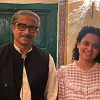
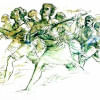

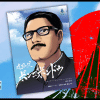
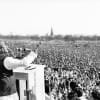


Comments